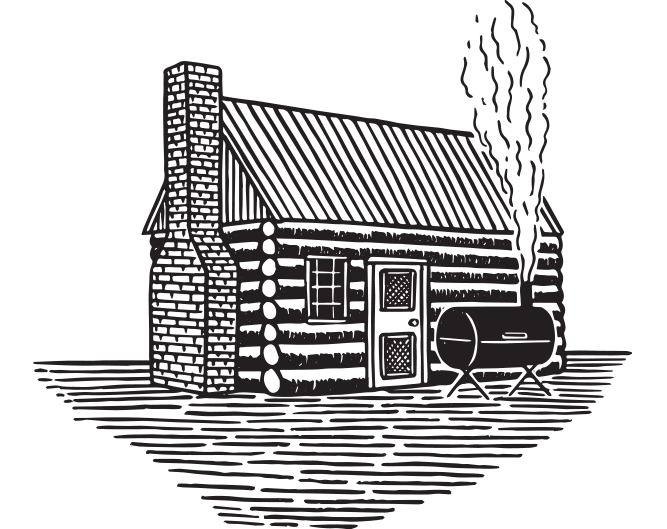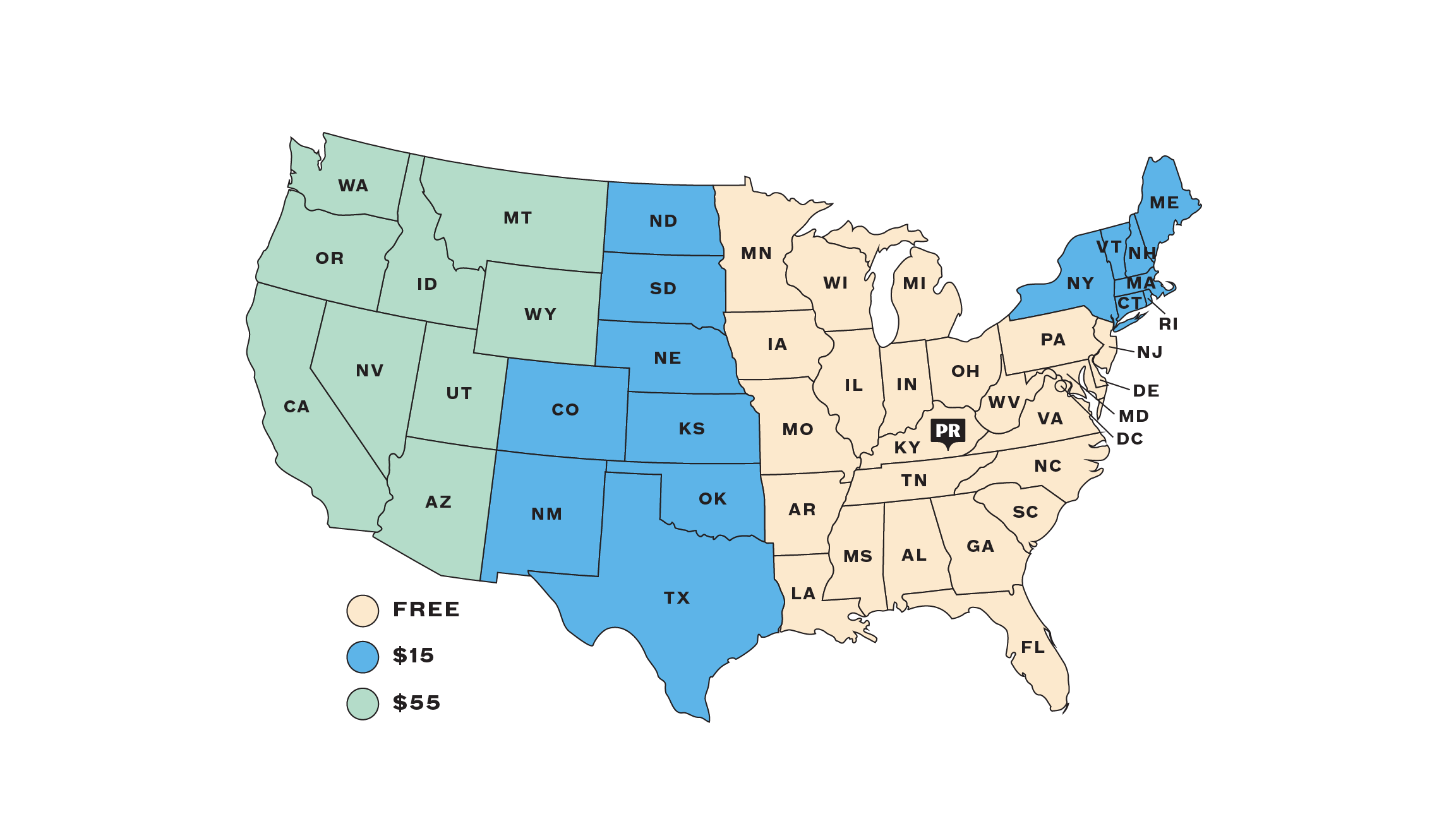When we started Porter Road our primary goal was to get amazing local meat to consumers in Nashville who were seeking options outside of the four major commodity meat companies. What we didn’t realize was that achieving that one seemingly simple goal on a meaningful scale would require that we open our own processing facility, and rethink the relationship between farmer and butcher.
In the United States, farmers have depressingly little control over where the fruits of their labor go. Due to a lack of small and medium sized USDA certified processing facilities, livestock is typically sold to one of the major meat conglomerates (which we’ll just call “Big Meat” from here on out), that transport the animals long distances to their massive facilities that benefit from the economies of scale (these facilities can process upwards of 5,000 animals a day versus the 50 that can be processed at a typical local facility). The alternative is to go to small local processors which lack both space and USDA inspectors, limiting the ways that the farmer can sell their meat to consumers. This flawed system has disincentivized farmers from pasture-raising animals, and selling from farm stands simply cannot scale.
By controlling almost all animal processing, Big Meat also has a huge impact on the price of animals. Based on supply and demand, prices fluctuate widely from month to month, and year to year. Farmers make a gamble as they try to anticipate what their animals will sell for when they reach maturity, and it often doesn’t work out well. Farming on a small scale is no longer viable for many family-run farms, and they’re forced to sell to large companies that can hedge their bets by cutting corners and growing meat as part of an industrial system.
We built our own USDA processing facility which allows us to offer our farms and alternative to working with Big Meat. We reward them for raising their animals to our standards by offering them consistent prices. Oftentimes the farmers know how much their animals will be worth before they are even born. The consistency we offer allows them to project income, and reinvest in their farms. It also gives farmers the opportunity to raise animals in a way that they feel better about, is safer for their employees, and preserves the quality of their land.
Farmers are emotionally and financially invested in the quality of their land, and pasture-raising animals is undeniably better than CAFOs (concentrated animal feeding operations) and year after year row-cropping (typically corn and soybeans in our part of the country). As the animals are rotated across open fields and through forests their hooves aerate the soil and their droppings provide natural fertilizer. The pastures are given time off between grazing to regrow rather than being put to constant use. Healthy pastures are home to some of the most biodiverse areas on the planet — boasting even more species of plants and animals per acre than forests. Grasses help develop deep root systems that capture carbon from the atmosphere while holding soil in place, reducing runoff into local waterways. This style of farming also allows farmers to utilize land that is naturally ill suited to growing crops — hills, rocks, and forest can all be left in their natural state while the animals graze in or around them.

Equally important – and we can't stress this enough – raising animals this way makes for a much better tasting final product. Snacking on fresh vegetation creates more flavor — if you have any doubts about the impact of diet on meat’s flavor, try eating a steak from beef that got into wild onions and you’ll experience it clearly firsthand (this actually happened to one of our farm partners, but don’t worry — this meat would never be sold at Porter Road). The more varied diet in the pasture also contributes to meat with higher levels of omega-3s, and vitamins A, D, and E, than its commodity counterparts. The daily movement across the land also means that the animals use their muscles which creates denser and more flavorful meat. Check out this video to learn more about how an animal’s life on pasture impacts flavor.

Our customers can see and taste the difference between what we offer at Porter Road and what one would find at the grocery store. And with each piece of meat you purchase from Porter Road, you are contributing to building an alternative system for our farmers and making pasture-raised meat more widely available. As we continue to grow, we’ll be able to bring on additional sustainable farms; diverting animals from the commodity system, investing in rural communities, and creating opportunities for beautiful green pastures to flourish.


